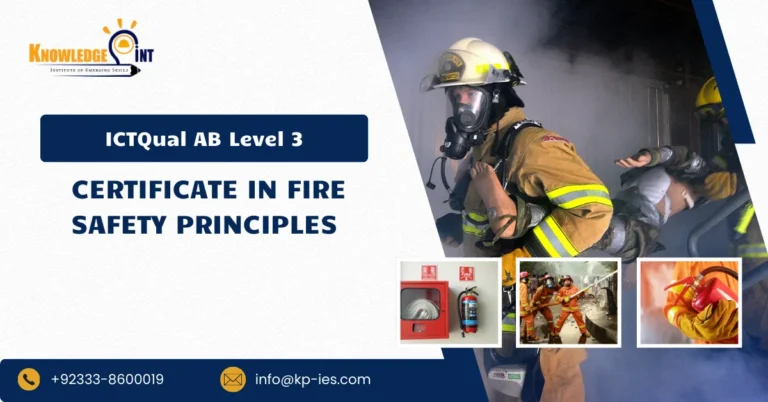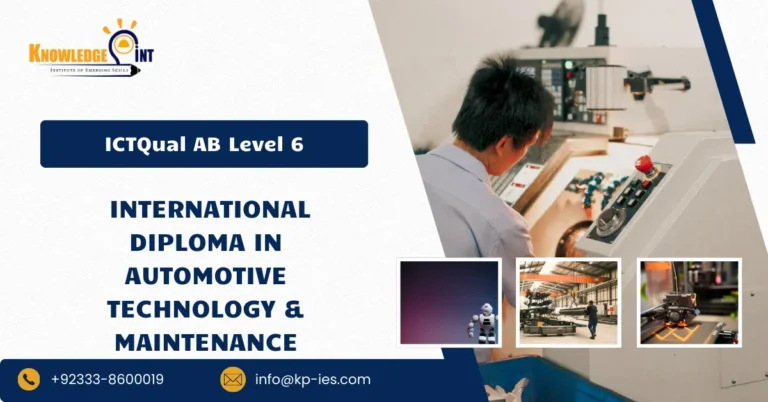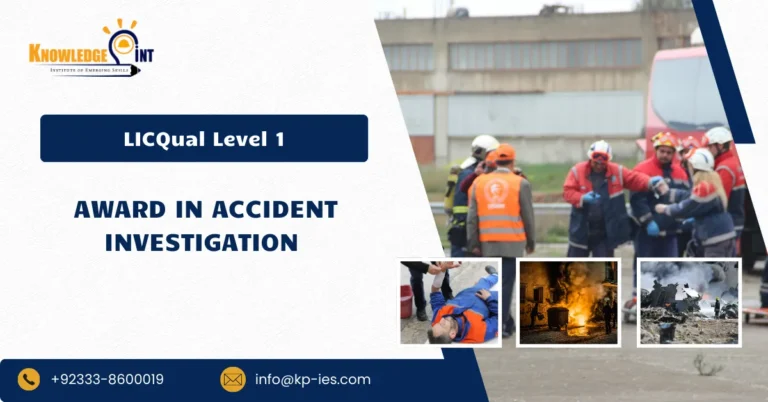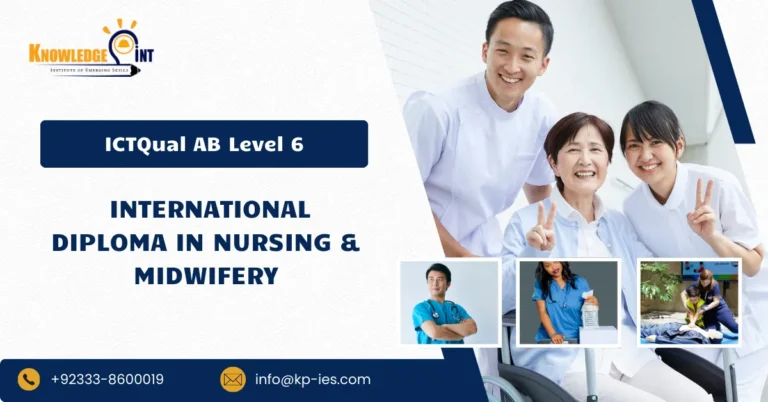ICTQual AB Level 6 International Diploma
Political Science & International Relations
Awarding Body
ICTQual AB
Credits
360 Credits
Course
Education & Social Sciences
study mode
Online Learning
Course overview
The ICTQual AB Level 6 International Diploma in Political Science & International Relations is designed for individuals seeking in-depth knowledge of global politics, governance, and international affairs. This qualification equips learners with advanced theoretical and practical understanding of political systems, international relations, and policy-making processes. It provides a strong foundation for analysing political behaviour, global institutions, and diplomatic practices within an increasingly interconnected world.
Throughout the programme, learners develop critical thinking, research, and analytical skills essential for interpreting complex political and international issues. Key areas of study include political theory, comparative politics, international relations, global security, foreign policy analysis, international law, and the role of international organisations. The course also explores contemporary global challenges such as conflict resolution, human rights, global governance, and political economy, encouraging evidence-based analysis and informed debate.
This diploma is ideal for aspiring political analysts, diplomats, policy advisers, international development professionals, researchers, and individuals working in government, NGOs, or international organisations. Graduates gain the competence to evaluate political developments, contribute to policy discussions, and engage effectively in international and multicultural environments. The Level 6 qualification also offers progression opportunities to postgraduate study, professional certifications, and senior roles in public policy, international relations, and global affairs.

Approved Training centre of ICTQual AB
Centre # : ATC24001

Entry Requirments
Entry Requirements for the ICTQual AB Level 6 International Diploma in Political Science & International Relations:
- Educational Qualifications:Applicants should hold a Level 5 qualification or equivalent in political science, international relations, social sciences, or a related field.
- Professional Experience:Relevant experience in government, NGOs, policy research, international organisations, or related roles is desirable; substantial experience may be considered in place of formal qualifications.
- English Language Proficiency:Since the program is delivered in English, learners must show competence in reading, writing, and communication.
Course structure
TheICTQual AB Level 6 International Diploma in Political Science & International Relations in Personal Protective Equipment qualification consists of 36 mandatory units.






